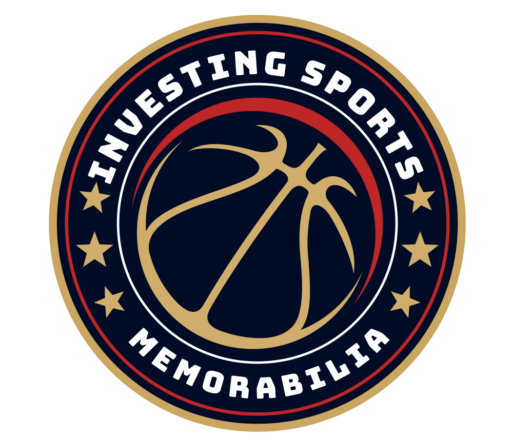In September 2016, California passed a new law, Assembly Bill 1570 (AB 1570), aimed at providing stronger protections against the fraudulent sale of signed sports memorabilia (California Legislative Information). Unlike earlier regulations, which mainly focused on sports memorabilia, AB 1570 expanded the rules to apply to all autographed items sold for $5 or more.
The law required memorabilia dealers to provide a certificate of authenticity (COA) with every sale, and to maintain extensive documentation about each transaction for at least seven years. This documentation included information about buyers, which raised significant privacy concerns and potentially conflicted with existing privacy laws (New York City Bar Association).
Initially, the law’s wording was extremely broad. It captured not only sports memorabilia but also books, manuscripts, and fine art, leading to widespread confusion and criticism from booksellers and auctioneers. Many felt that AB 1570 posed a real threat to First Amendment freedoms, especially for bookstores hosting author signings (John Vile, Encyclopedia of the First Amendment, 2017).
Impact on Small Sellers: eBay and Facebook
One important question raised was whether small sellers on platforms like eBay or Facebook would be affected. Under AB 1570, professional dealers are required to comply — meaning anyone who sells memorabilia “in the ordinary course of business.” If a private individual occasionally sells an autographed sports item, they likely wouldn’t be considered a “dealer.” However, regular sellers or businesses using eBay, Etsy, or Facebook Marketplace would fall under the law if they are operating commercially and selling to buyers within California.
Regarding location, AB 1570’s original language referred to items “sold or offered for sale in or from California.” This created ambiguity about whether out-of-state sellers were affected. However, with the 2017 revision via Assembly Bill 228 (AB 228), much of this confusion was resolved: the requirement now applies more clearly to sales that are conducted within California, although caution remains advisable if selling to California residents (New York City Bar Association).
The Revisions: From AB 1570 to AB 228
After strong lobbying efforts by the collectibles and art industry — supported by organizations such as the New York City Bar Association’s Art Law Committee (ALC) — California Governor Jerry Brown signed AB 228 in October 2017, which revised the problematic sections of AB 1570.
Key changes included:
- Raising the minimum sale threshold from $5 to $50.
- Limiting the law’s scope to sports and entertainment memorabilia, excluding books, fine art, decorative objects, and manuscripts (New York City Bar Association).
- Clarifying the definition of dealers to exclude auction consignors and certain agent-sellers.
- Replacing the certificate of authenticity requirement with a more flexible express warranty of authenticity.
- Softening penalties, which were initially harsh (ten times actual damages), to a more reasonable scale (ranging from $1,000 to $5,000 or three-to-five times actual damages).
Thus, small and midsized sellers — especially those selling sports memorabilia — gained much-needed clarity and relief.
For collectors wondering whether it’s worth investing in graded autographs, a detailed ROI breakdown can help. Grading not only ensures authenticity but also increases the potential resale value of a collectible. If you’re curious about how grading impacts the financial return on investment, check out this in-depth analysis on autograph grading ROI.
Compliance Checklist for Sports Memorabilia Dealers
If you are a professional dealer selling signed sports memorabilia in or to California, you must:
- Provide an express warranty stating that the item is authentic.
- Keep transaction records — including buyer details — for at least seven years.
- Ensure that the item sold is genuine, and state whether a witness to the signing is known.
- If you are selling online to California buyers, ensure compliance — even if you are based out of state.
Failure to meet these obligations could lead to civil penalties, depending on the circumstances of the sale.
The California AB 1570 Will Help to Secure The Hobby
California AB 1570, and its subsequent revision through AB 228, significantly shaped how sports memorabilia is bought and sold, especially in California. While the law’s original broadness caused major disruption, the refinements now focus squarely on protecting consumers in the sports and entertainment memorabilia sectors. Whether you’re selling autographed jerseys on eBay or running a sports collectibles business, understanding and complying with these regulations is crucial.
Always double-check whether your buyer is located in California and ensure that you provide the required authenticity documentation — it’s not just good practice, it’s the law.
For further reading, you can access the original legislative analysis here and the commentary from the New York City Bar Association here.


